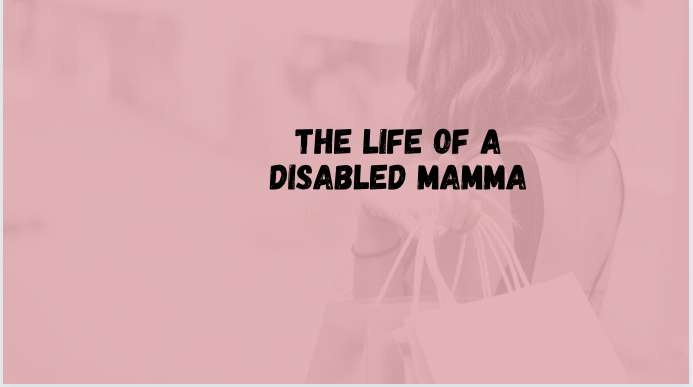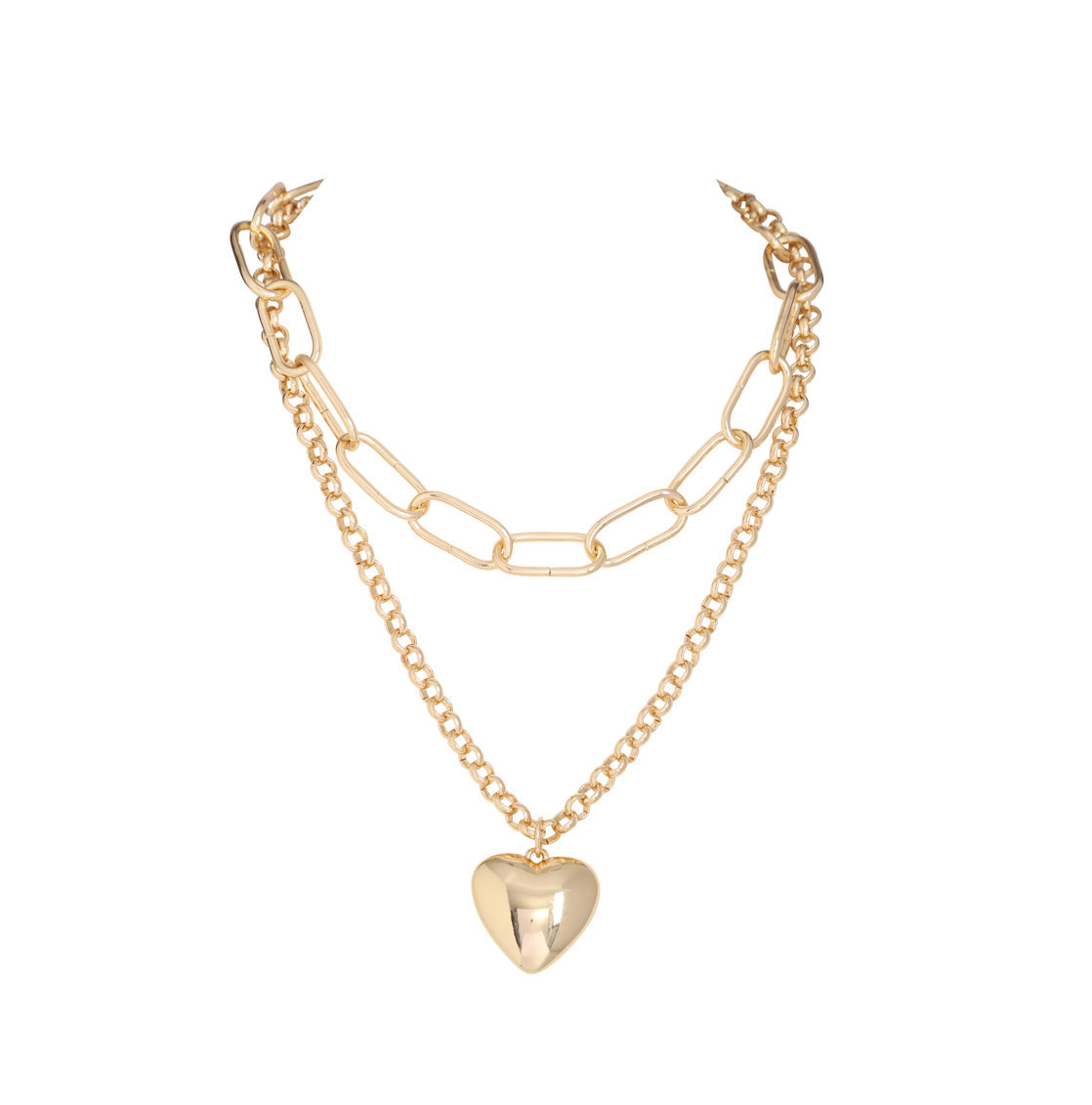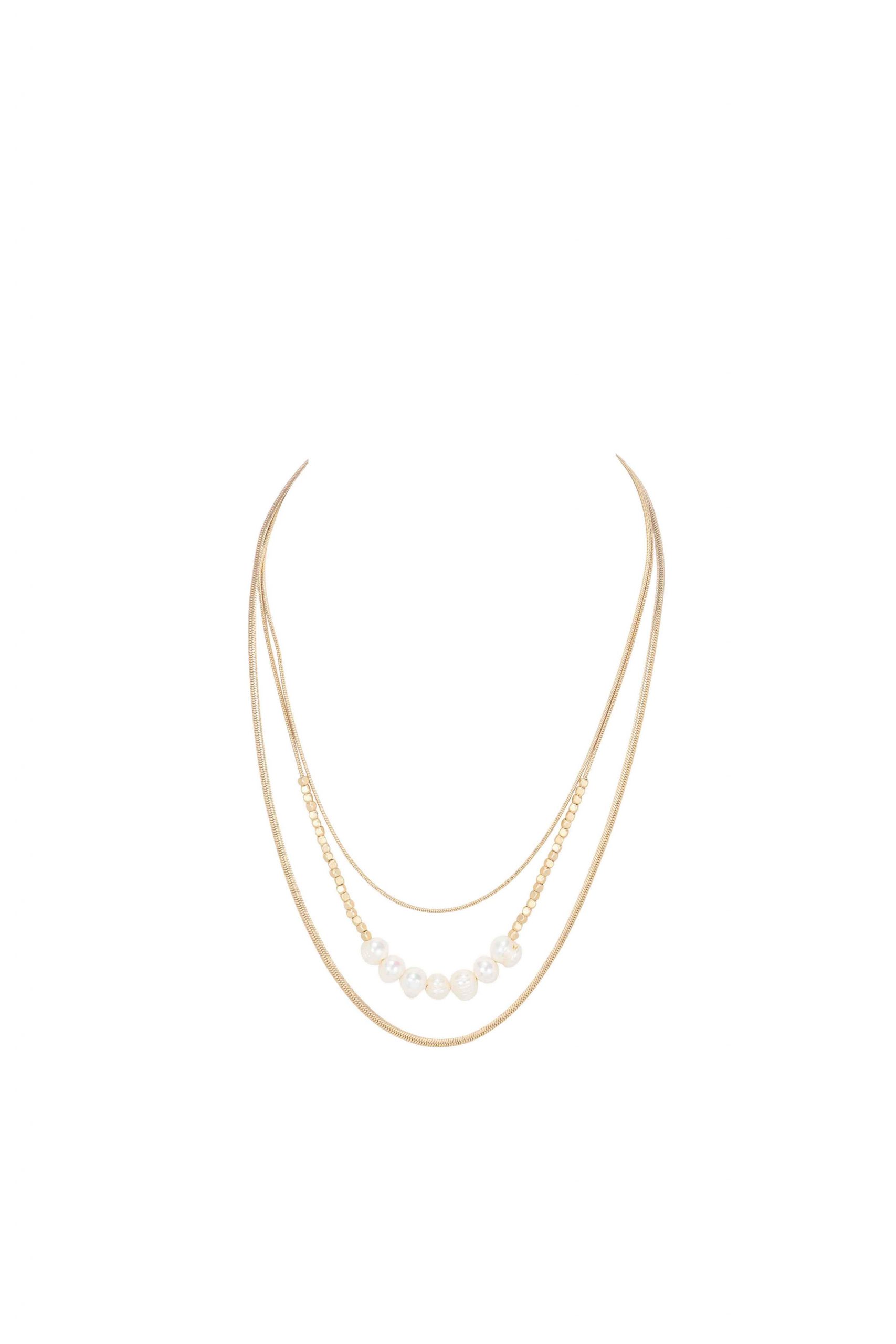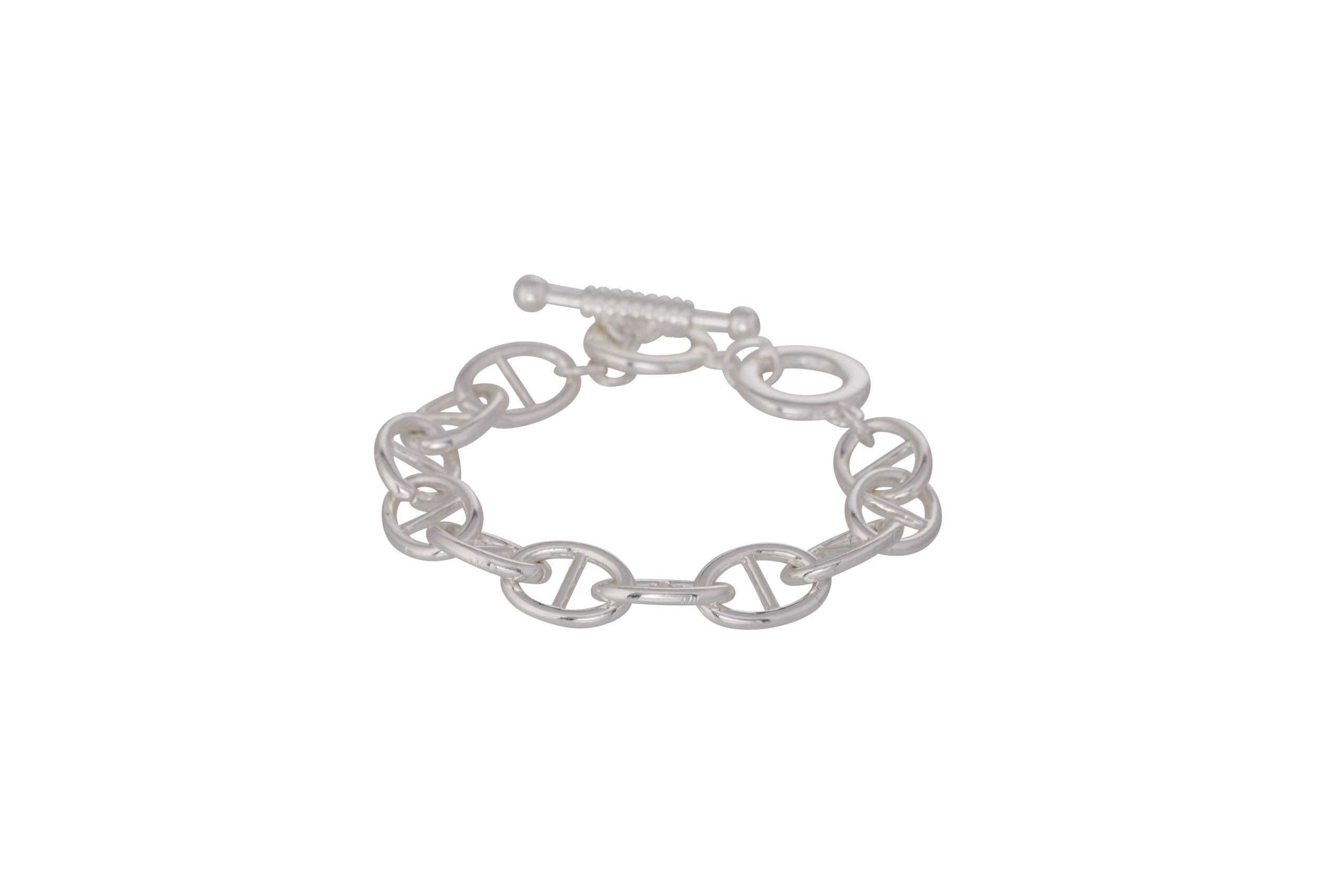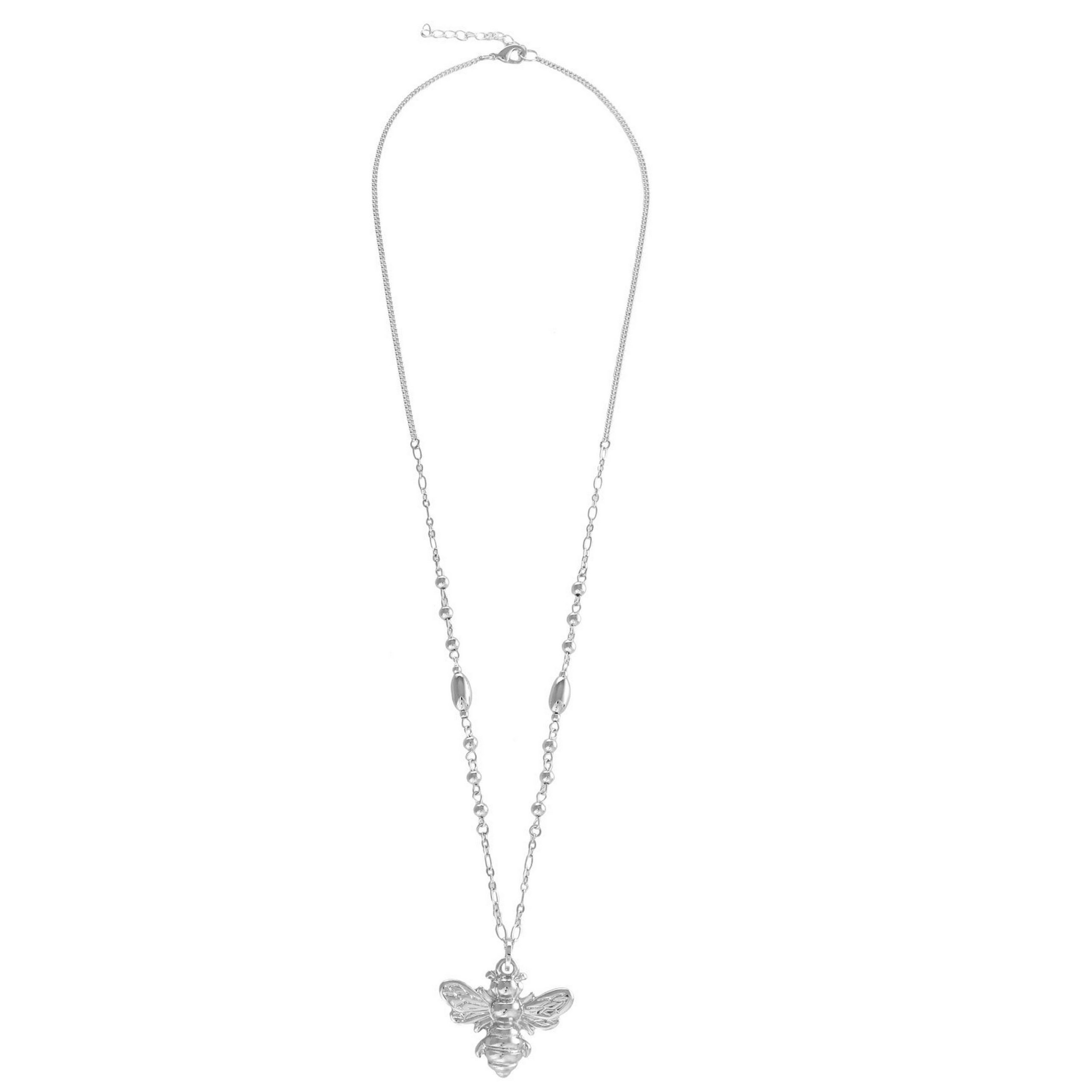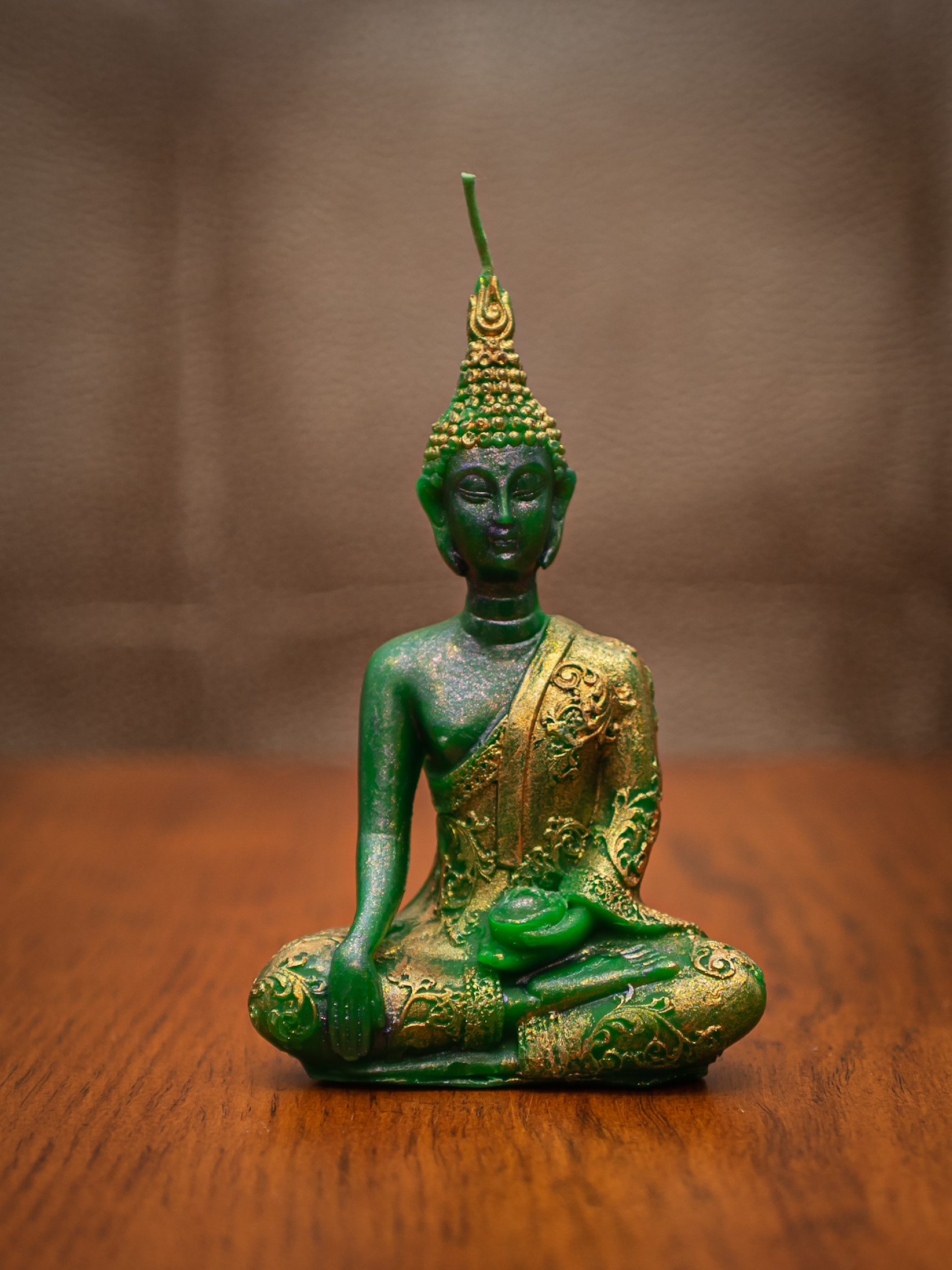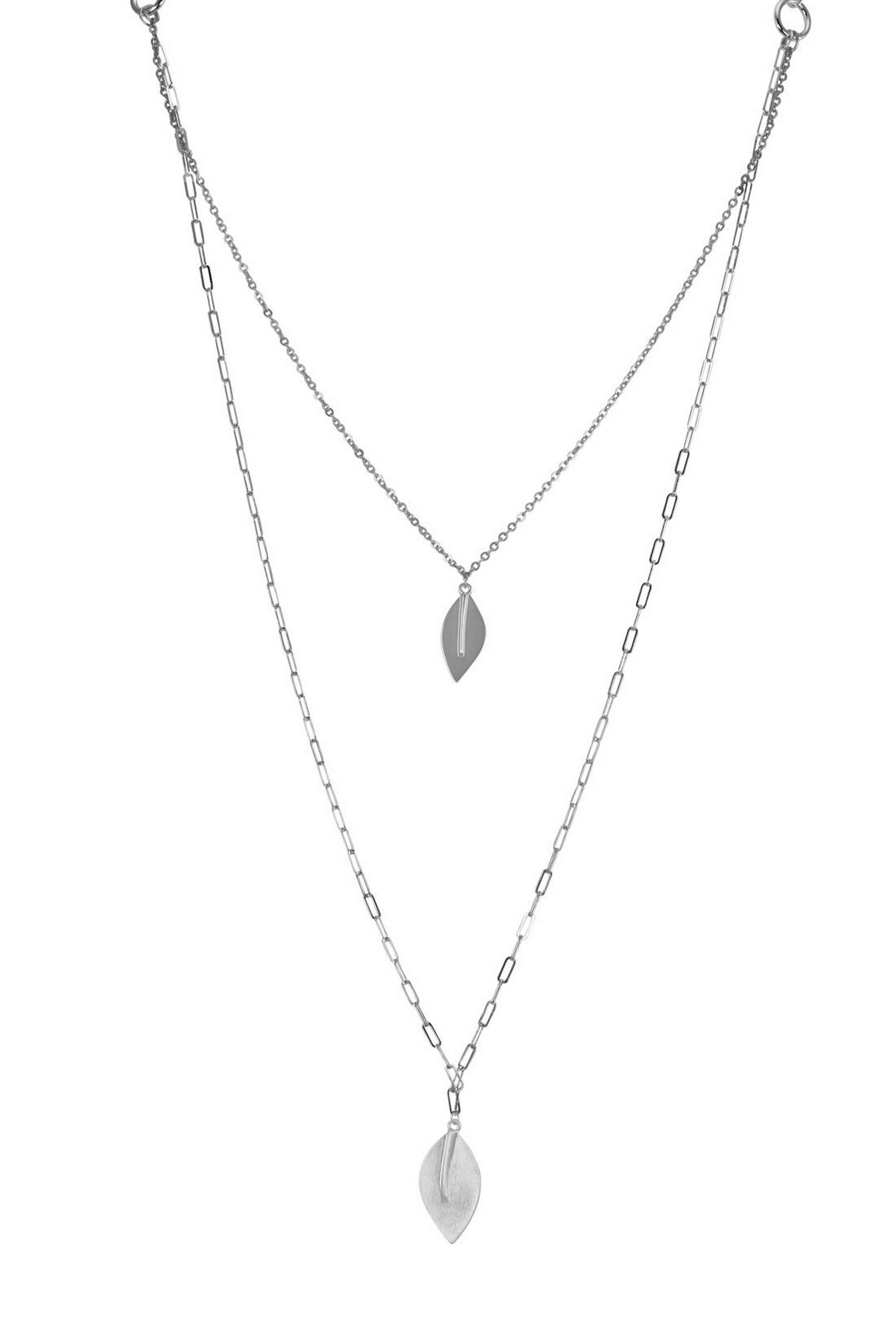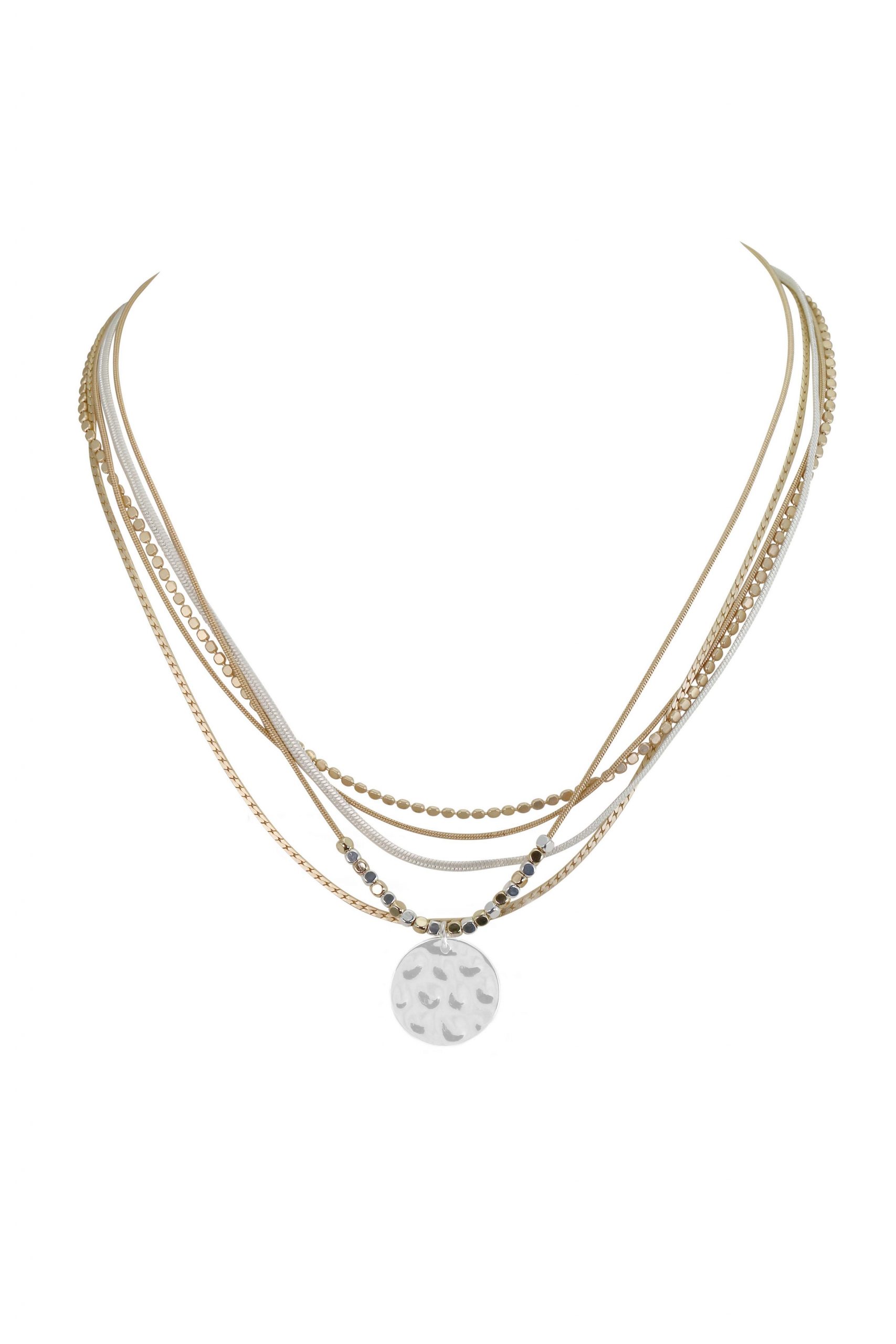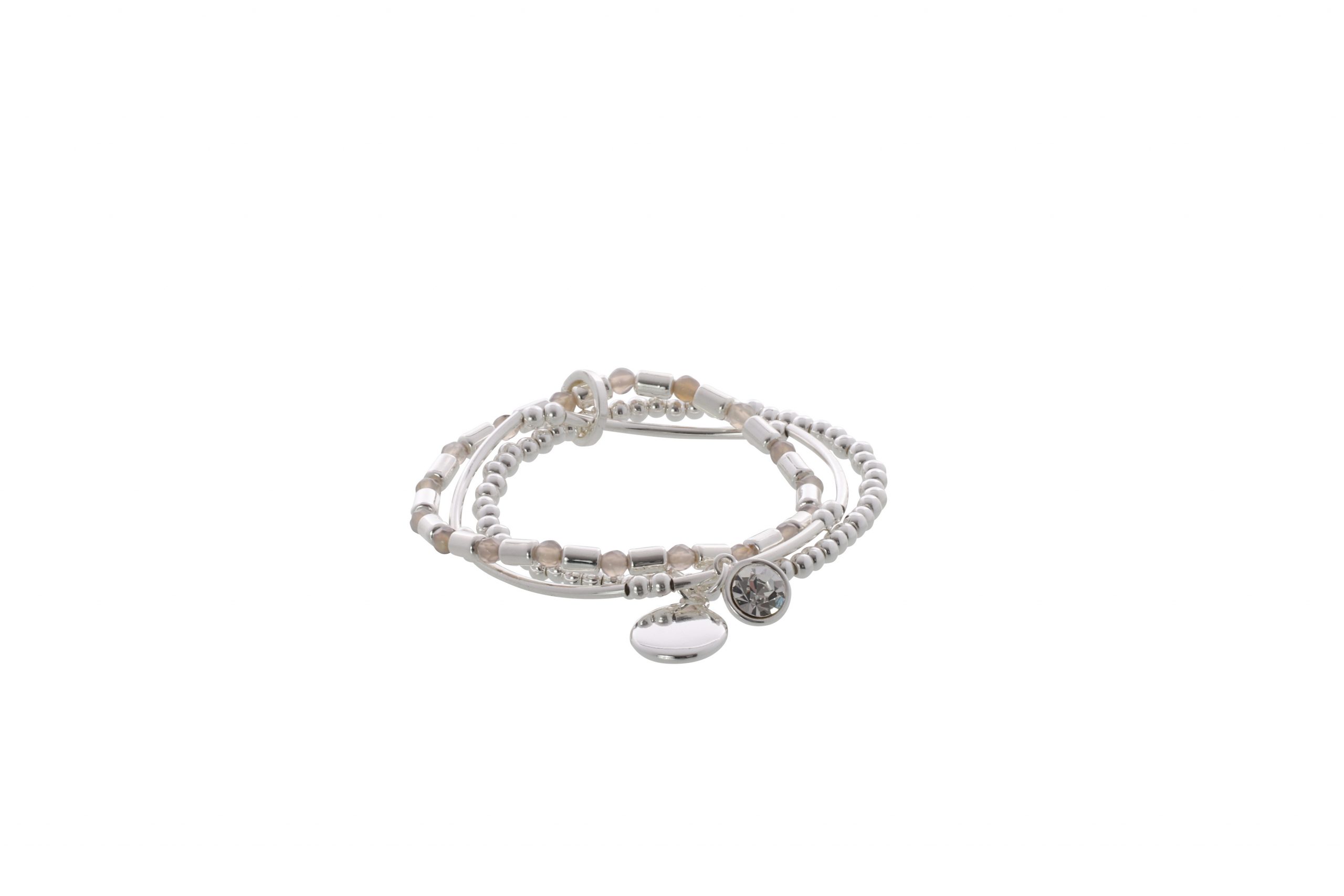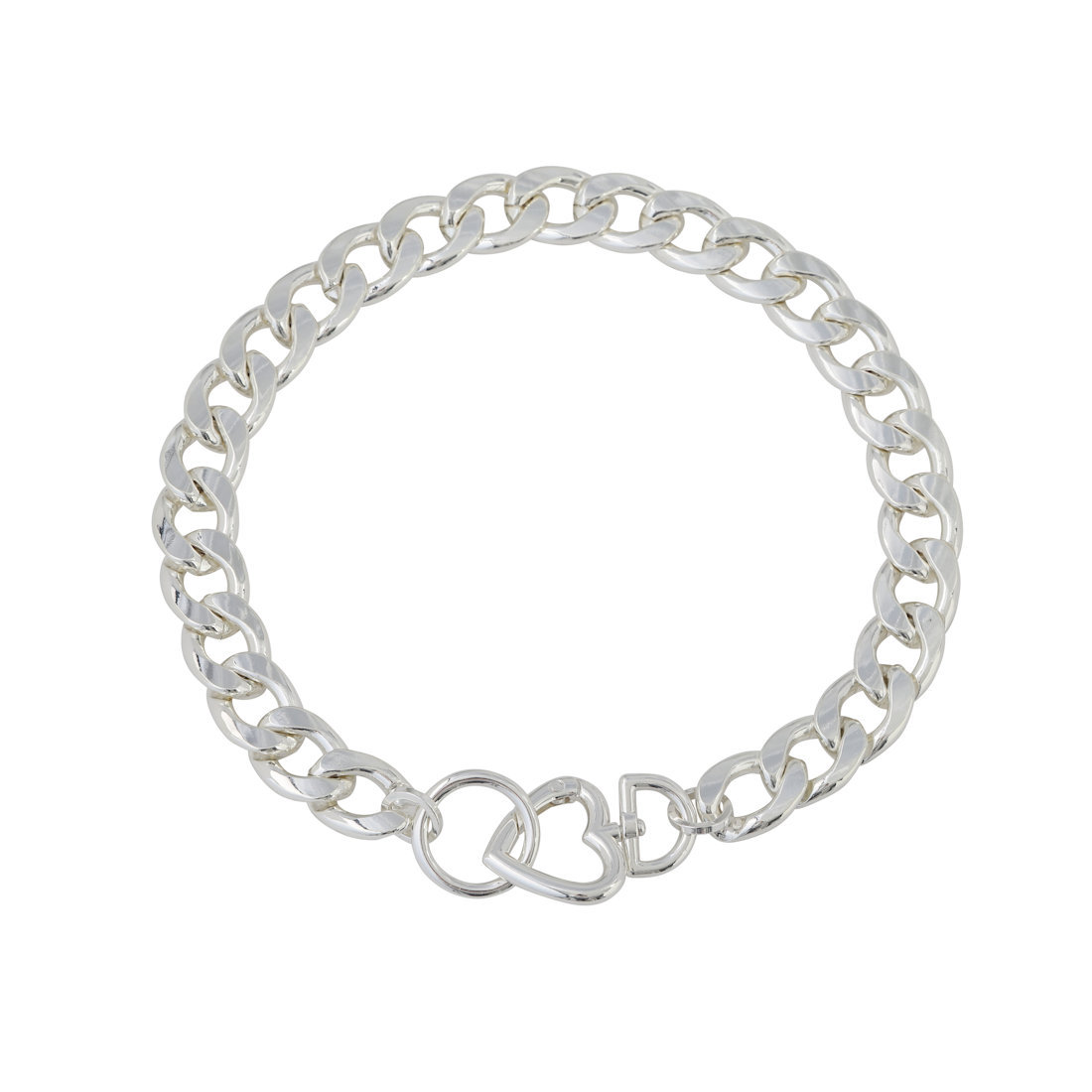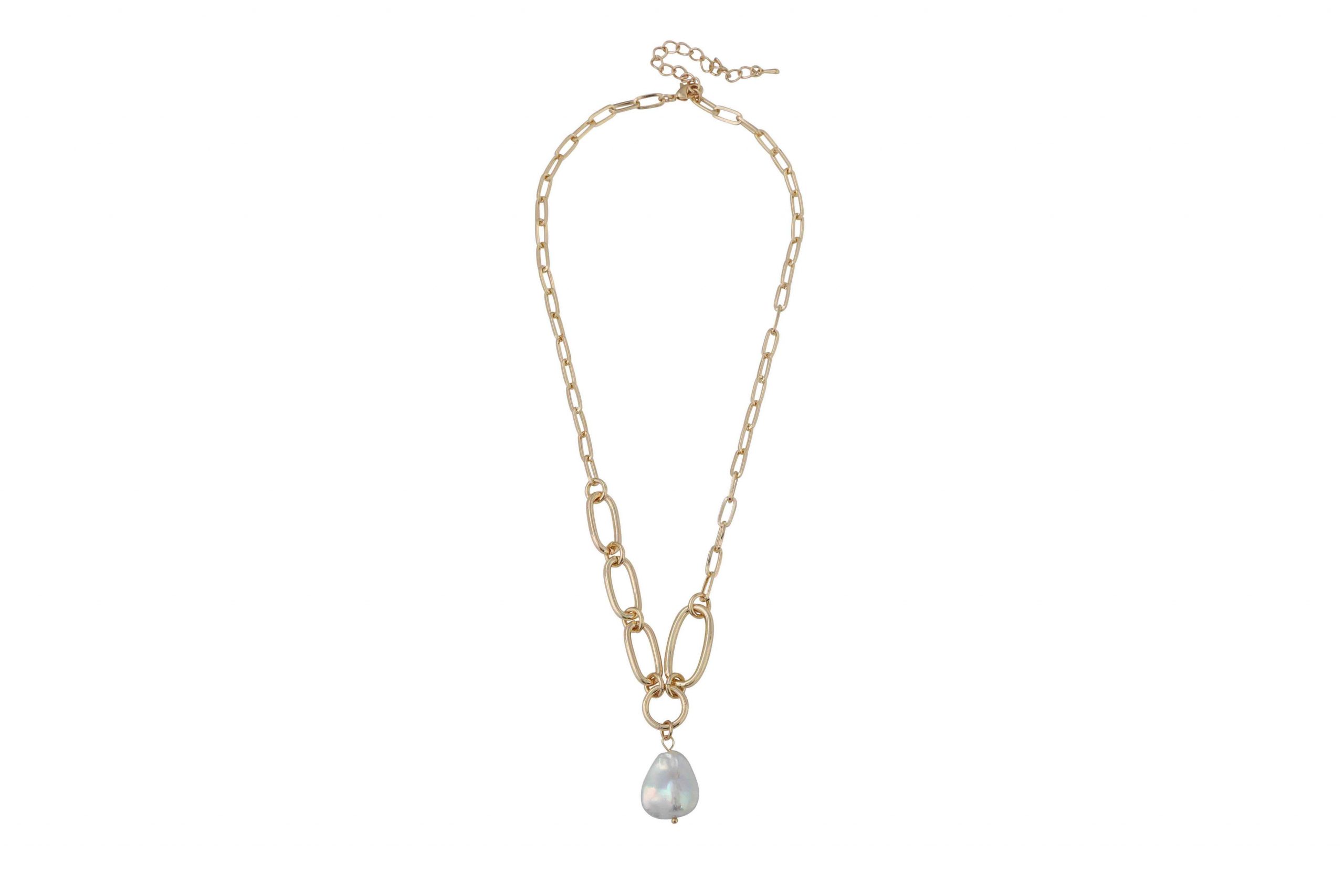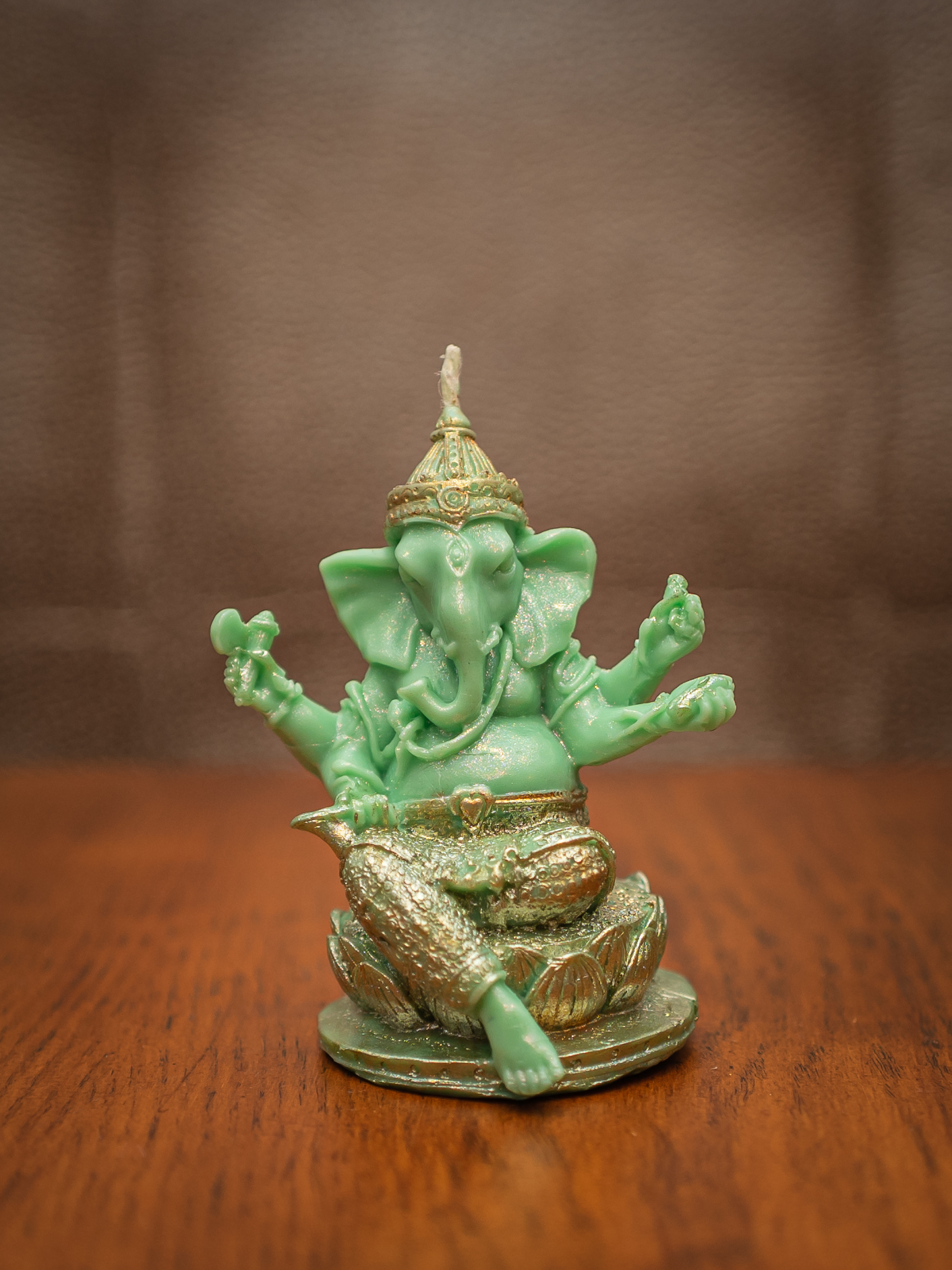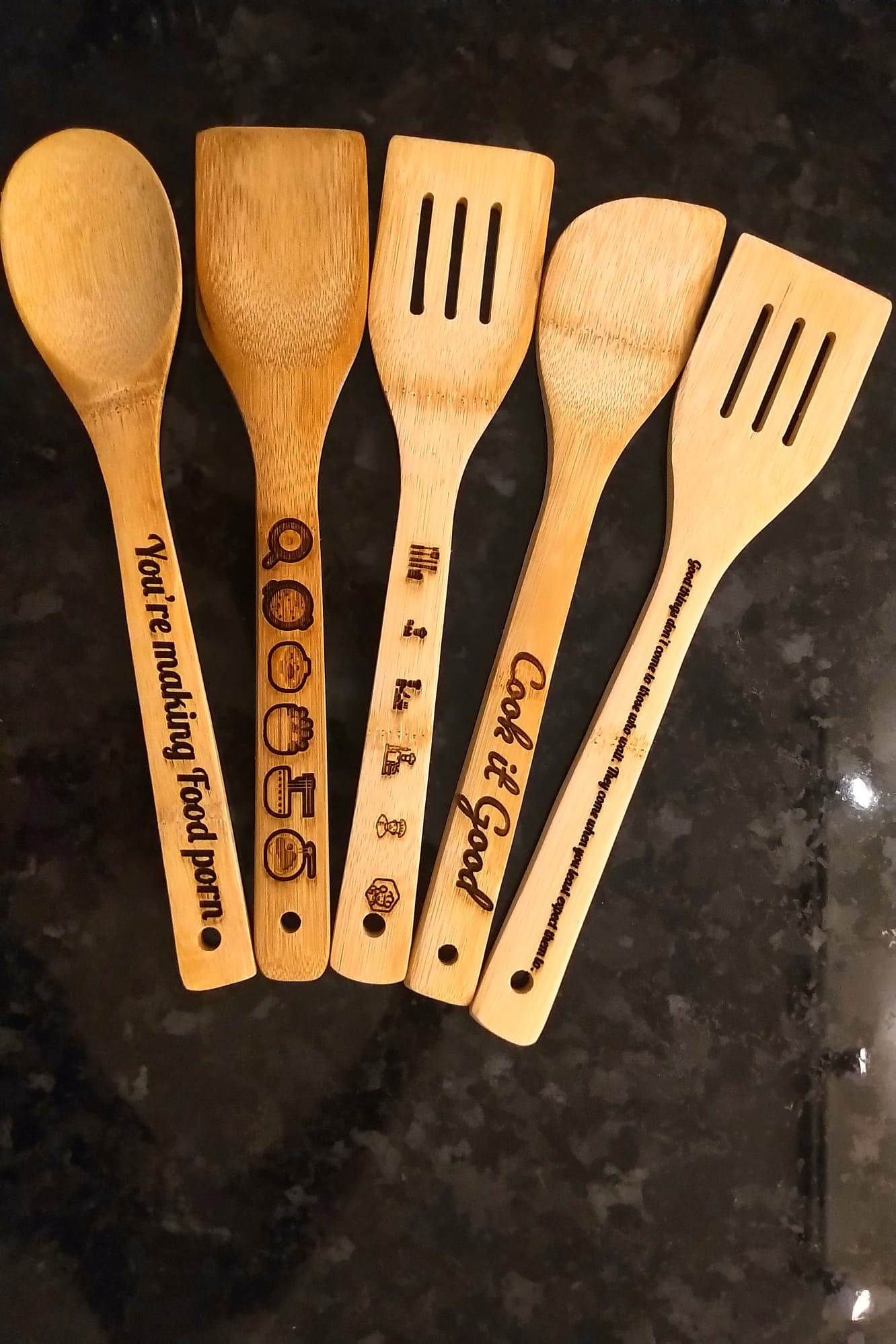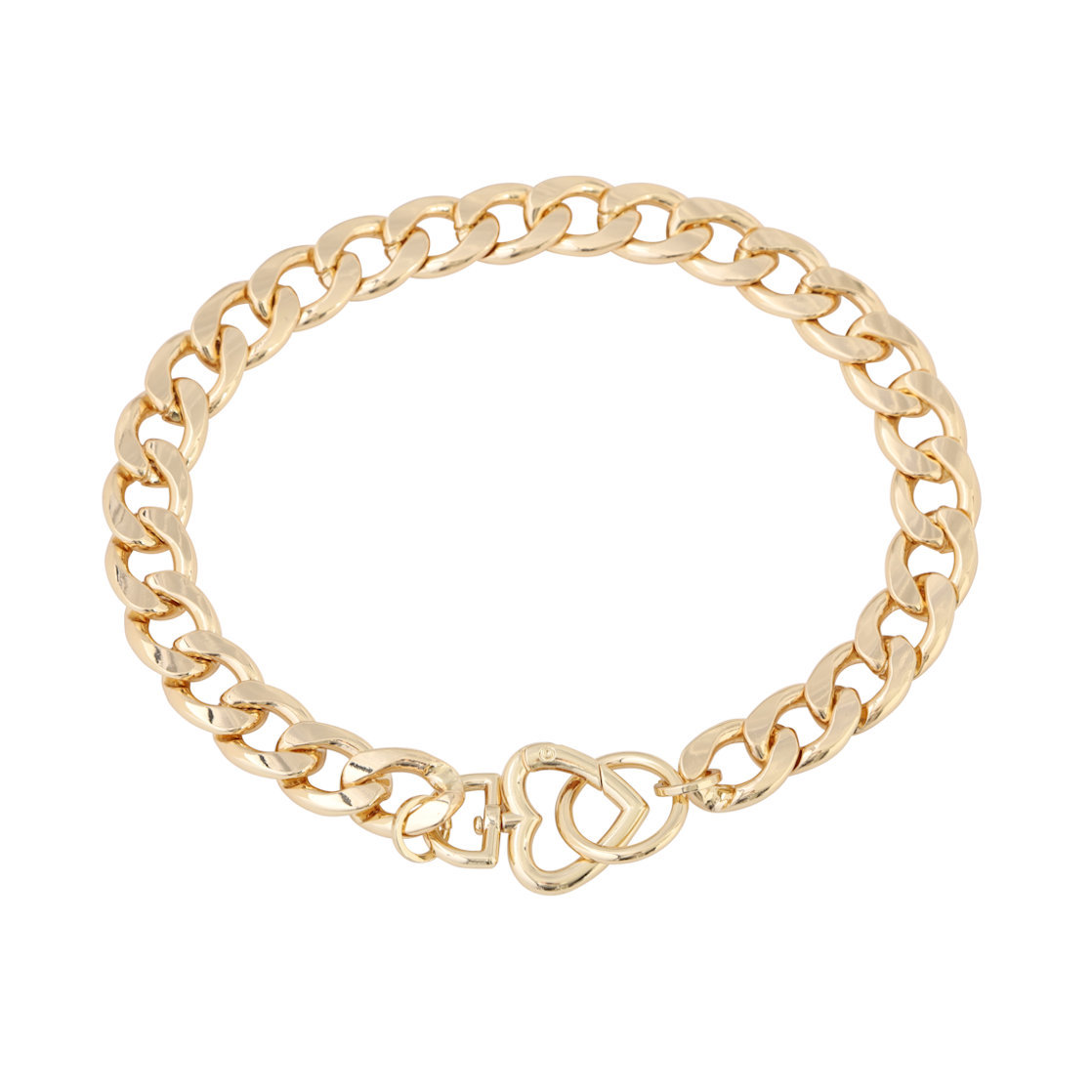Time flies when you’re having fun. That’s what they say, anyway. These past 6 months since my son was born have been extremely hard. The first couple of months were a complete blur to me. I have no recollection of them at all. But despite these past months being extremely difficult, they’ve also been fun too. I know it’s weird, but let me explain. It’s so much fun and so special to see my son’s firsts. His first smile, his first laugh, his first everything. Now my son is at the stage where he’s showing more of his personality, and as biased as my statement might seem, it’s the most beautiful thing to witness. There’s something special about seeing half of you and half of your partner in another human being that’s so close to you.
The previous blog post emphasized a lot about the concept of disabled people having kids, healthy kids. I emphasized a lot about the assumption that disabled people, specifically women, couldn’t have healthy children. My conclusion was obviously that they could. And by ‘they’, I mean we. I’m so happy I’m part of the club of disabled women who had a healthy child, knock on wood. It’s not just me, though. I’m certainly not one of a kind. I know of numerous wheelchair bound women who had healthy babies, and I know of numerous women who have epilepsy that had healthy babies. Though I don’t know of any woman who has cerebral palsy AND epilepsy that had a healthy baby. As far as I’m concerned, I’m the only one thus far.
Nevertheless, it’s possible for a woman with any disability to have a healthy child just the same as it’s possible for a healthy woman to have a disabled child. With a little bit of help and nurture, everything is possible. First, I’d like to talk about pregnancy for a disabled woman. When I was at my fertility doctor’s office for the first time with my husband, the first question the doctor asked us was whether or not we had any illnesses or any family history of disability and/or illness. Of course, I was honest and told her that I have cerebral palsy and epilepsy. I also added that there was absolutely no family history. I told her that I have cerebral palsy due to trauma that was experienced while my mom was pregnant, and that I was diagnosed with epilepsy due to brain injury following a car accident. If my fertility doctor thought it wasn’t safe for me to have a baby considering my history, she wouldn’t have even continue discussing any fertility or family planning with me in the first place.
I know women who are wheelchair bound birth their children via C-section. As a woman who has a physical disability, my pregnancy went fairly smoothly. It was no different than what any other woman would go through during pregnancy. If it wasn’t for my struggles during my pregnancy due to epilepsy, I’d call the pregnancy a breeze. It was epilepsy that made my pregnancy difficult to go through. My pregnancy was considered to be high-risk due to my history. With that being said, the medical team that cared for me throughout the 9 months, including the fertility doctor, OB, a neurologist, took extra care of me to make sure that both baby and I were okay, and to my surprise, my health was always a priority over the baby who wasn’t even here and wasn’t even a person yet. I’m saying this a positive way. If you’re pro-life and reading this, you’re probably hating on me, and I don’t care. The mother’s health and well-being should always come first before a fetus that’s not even a human life. And when I was involved in a car accident and had the two grand-mal seizures during my pregnancy, even more doctors were at my side every step of the way. I must say, after having my own personal experiences with different types of medical care professionals during my pregnancy, I have a newfound respect for them. It’s especially true after witnessing all the doctors and nurses who gathered round when I was giving birth to my son.
And then there’s the stigma surrounding people with disabilities actually being parents to their children. With the exception of one person in my life , who might I add is my father-in-law, I never experienced such cruelty from an outside viewpoint on such extreme level where I’d be looked down upon with extreme hatred. For me personally, it’s difficult enough for me to still receive this type of hatred from someone that’s supposed to be family and now someone that’s supposed to my son’s close family. But it is what it is, and It’s not in my job description to change people’s minds about me. My father-in-law made it very clear to my husband that I wouldn’t be able to give my husband children and even if I was able to, I wouldn’t be able to physically take care of them. I already heavily talked about my pregnancy and how I got through those difficult, and yet rewarding 9 months. Now it’s time to talk about how I adapted to my newfound life as a new mother while living with a disability and illness.
When my son was first born, I didn’t know what in the world I was supposed to do with him. I didn’t know how to hold him. I didn’t know how to feed him. I didn’t know how to change his diaper. The first time I changed his diaper, I got his pee all over me and my couch. That’s how bad I was. I’m sure this has absolutely nothing to do with the fact that I’m disabled, but rather that I absolutely knew nothing about babies before I had my son. Luckily, I had a lot of help around me for the first few weeks, and I got the hang of everything. I hold him him, feed him, and change his diaper differently, of course, than what you’d call to be ‘the norm’ because of my CP, but I do it nonetheless, and my baby doesn’t love me any less for it. In fact, I’m already teaching my son the art and the beauty of doing things differently due to physical difficulties rather than not doing anything at all. It’s never too early to do so.
Let’s not forget that I’m also navigating motherhood while struggling with epilepsy. It’s a tough cookie because controlling seizures is all about managing stress, and as life has it, stress starts when you wake up and ends when you go to sleep. But epilepsy is all about knowing your boundaries, limits, and triggers.Luckily for me know, I know what works for me, my health, and my well-being to the very core by now, and I can honestly say that I feel better than ever after giving birth. It’s too soon to say that I’m completely seizure free, but I’ve been seizure free since I was 33 weeks pregnant, which means that I’ve been seizure free for 8 months now. It seems like it’s no big deal, but it very much IS a big deal.
So what’s my secret, you ask? I don’t really have one except that I take my lifestyle very seriously now. Not only do I depend on it, but my son now does too. That means I schedule my time wisely and never agree to do anything that I know will affect my health or overdo it with the amount of work I’m doing per day, I take my sleep very seriously to the point that I go to bed at 10:30 PM some days, I eat healthy foods, I don’t drink alcohol, I don’t smoke, I only drink one cup of coffee per day twice a week, and I don’t engage in any drama. In a case where I feel there’s an awkward or stressful situation, I remove myself out of it immediately. I’ve become so good at managing and controlling my chronic illness that pills aren’t what help me do so, but it’s rather my hard work that I’m doing on myself that’s doing the job.
As I said before, I’m not the only epileptic woman out there who has a baby and navigates her life as a mother. One epileptic mother, for instance, knows that she will have seizures if she wakes up before 10 AM. Therefore, she has people around her that help her take care of her baby before she wakes up, but in no time will she ever get out of bed before 10 AM. And I know of numerous other epileptic mother who never experienced seizures after giving birth because the female body changes after birthing a child and it becomes stronger.
I’m also not the only woman in the world who’s a mother with physical limitations. Heck – I know numerous women who don’t have any arms or legs that adapt to motherhood. They do their day-to-day activities differently, but they do them nonetheless. In fact, they do everything better and with more care than those who have two arms and legs. After learning of this, I don’t feel I even have the right to complain about my own hardships as a mother who has cerebral palsy. I simply do things my own way and that’s that. I don’t complain. I just do.
So the moral of all of this is: being a disabled mother is hard. Being a mother is hard enough as it is, but being a DISABLED mother is much harder. Before I had my son, I questioned myself a lot on how I’d be able to take care of a child with my physical hardships and with me not being able to control my health. What I’ve learned through all of this is that when you don’t have a choice, you navigate through everything. You learn as you go. You ask for help. You learn to adapt. There’s no such thing as ‘I can’t do it.’ Instead, there’s this thing called, ‘I can and I will find a way to do it.’
Sign up to our newsletter if you want to see more content from The Graceful Boon! By signing up to our newsletter, you'll get an even more in-depth content from yours truly, Stacie Kiselman, who's our Graceful Boon, that you won't want to miss out on.

